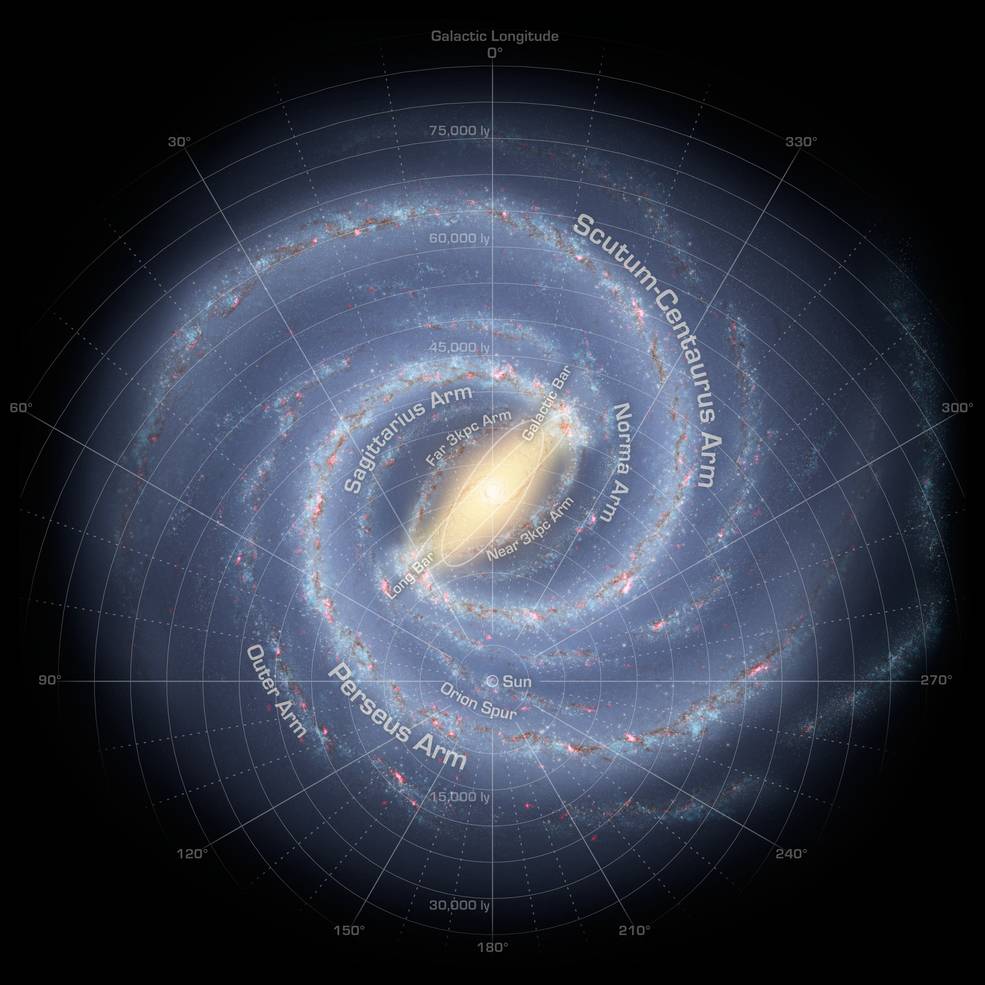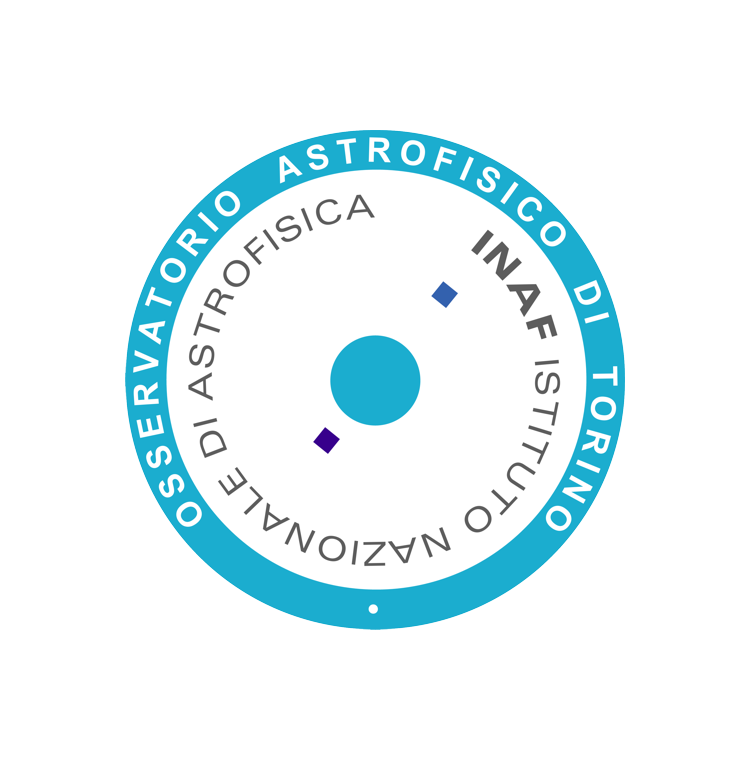Mapping young stars in the Milky Way
Dott.ssa Eleonora Zari
MPIA, Heidelberg
17 Dicembre 2020, ore 11.00
Online
Abstract
Albeit evidence for a spiral pattern in the Milky Way dates back to the 1950s, the spiral structure of our Galaxy is still debated. Since star formation occurs in spiral arms, young stars are ideal tracers of the spiral arm structure.
Although bright and massive O and B-type (OB) stars make up an insignificant fraction of the overall stellar mass, they contribute a major portion of the light of the disc. They can thus probe the spiral structure and young disc kinematics of our Galaxy out to large distances. On the other hand, lower-mass, pre-main sequence (PMS) stars are more numerous and on average younger than their massive counter-parts, and thus allow for more detailed studies of the kinematics and structure of star forming regions. They are however fainter than than OB stars, and therefore are only visible out to shorter distances.
In this talk, I will show that we can leverage on the complementary properties of OB and PMS stars to map star formation in the MW and obtain a detailed view of the structure of the young MW way disc. Our results are based on the data of the Gaia satellite: while this data set has revolutionized Galactic studies, it does not constrain the dynamic properties of our sample. By complementing the Gaia data with spectroscopic data from the Milky Way Mapper program of SDSS-V, we will be able to derive such properties, and to reveal the dynamic nature of our Galaxy spiral arms.

This artist’s concept depicts the most up-to-date information about the shape of our own Milky Way galaxy. We live around a star, our sun, located about two-thirds of the way out from the center. Credits: NASA/JPL-Caltech/R. Hurt (SSC/Caltech). Unannotated version.Download from nasa.gov
__________________________________________________
Referenti locali
Dr. Eloisa Poggio e Dr. Ronald Drimmel
Responsabili seminari e seminari su invito
Dott.ssa Paola Re Fiorentin e Dr. Roberto Susino

